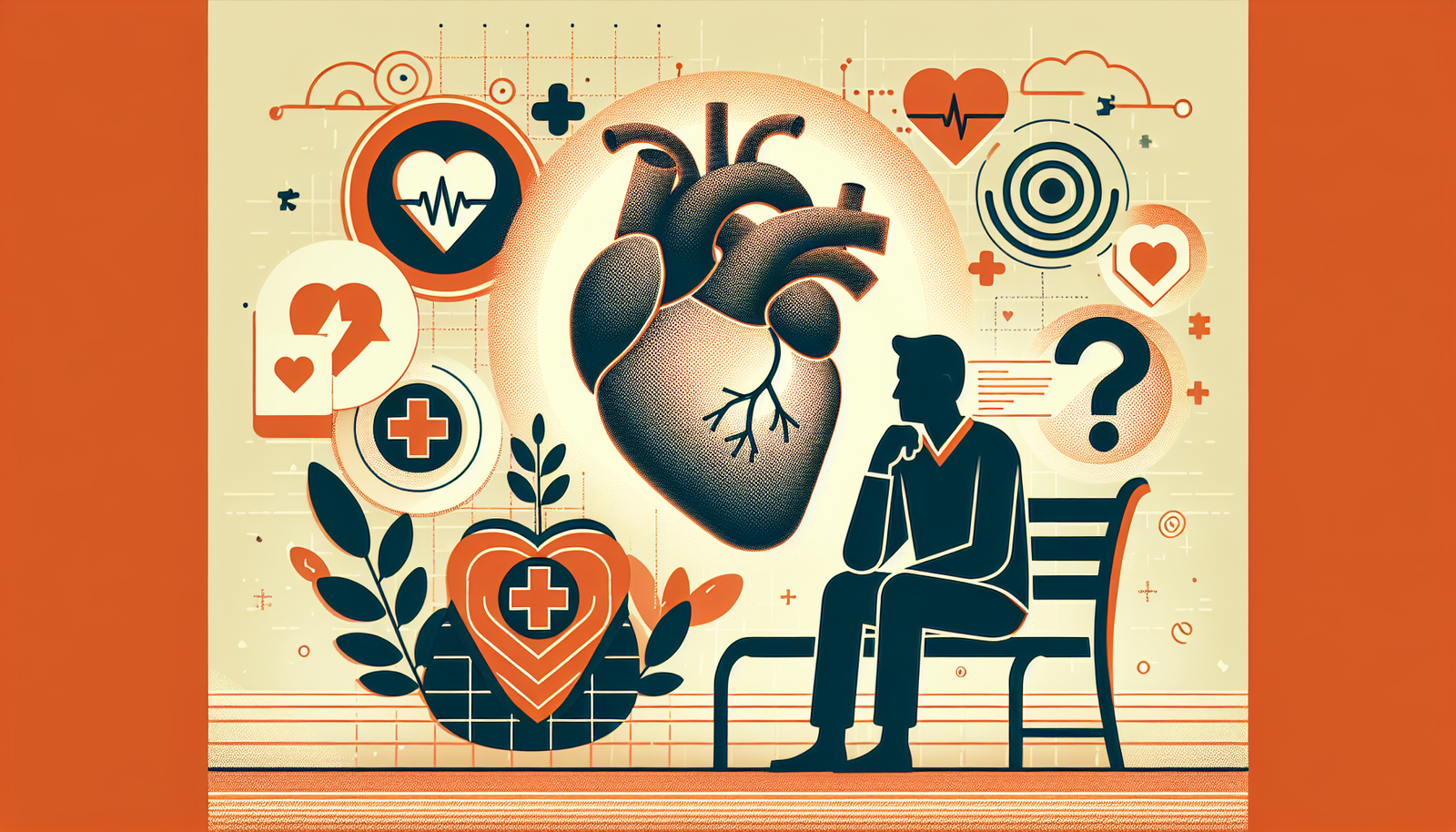
Antidepressants and Sudden Cardiac Death Risk: What You Should Know
In recent years, there has been a growing body of research suggesting a potential link between antidepressants and an increased risk of sudden cardiac death (SCD). As millions of individuals worldwide turn to these medications for relief from depression and anxiety, it is essential to understand the implications of this connection for mental health and heart health. This article delves into the current understanding of this topic, exploring the risks, underlying mechanisms, and practical guidelines for managing mental health safely.
Understanding Antidepressants
Antidepressants are pharmaceutical agents designed to treat mood disorders, primarily depression and anxiety. They are broadly categorized into several classes, including:
- Selective Serotonin Reuptake Inhibitors (SSRIs): These are the most commonly prescribed antidepressants, including medications like fluoxetine (Prozac) and sertraline (Zoloft).
- Serotonin-Norepinephrine Reuptake Inhibitors (SNRIs): Drugs such as venlafaxine (Effexor) fall into this category.
- Tricyclic Antidepressants (TCAs): An older class of medications like amitriptyline and nortriptyline.
- Monoamine Oxidase Inhibitors (MAOIs): Less commonly used due to dietary restrictions, this includes phenelzine (Nardil).
While these medications can significantly alleviate symptoms of depression and improve quality of life, concerns about their side effects, especially regarding cardiovascular health, have emerged recently.
The Link Between Antidepressants and Cardiac Risk
Research on the relationship between antidepressants and sudden cardiac death has produced mixed results, yet certain patterns can be observed:
- Increased Heart Rate: Some studies suggest that certain antidepressants, particularly TCAs and some SNRIs, may increase heart rate and blood pressure, potentially contributing to cardiac stress.
- QT Interval Prolongation: Several antidepressants are linked to prolongation of the QT interval—a measure of delayed repolarization of the heart—which can lead to serious arrhythmias, increasing the risk of SCD.
- Pre-existing Conditions: Individuals with pre-existing heart conditions may be at a higher risk when taking antidepressants.
Examining the Evidence
A closer look at the studies monitoring this risk reveals that the association between antidepressant use and sudden cardiac death is multifaceted:
- Population Studies: Some large cohort studies indicate a higher incidence of cardiovascular events, including SCD, in those taking certain classes of antidepressants, especially TCAs.
- Meta-Analyses: Comprehensive reviews often conclude that while there is a slight increase in risk, the absolute numbers are low, indicating that for most people, the benefits of antidepressants outweigh the risks.
- Specific Drug Risks: Certain antidepressants, particularly those with significant effects on serotonin levels or cardiac function, have been more frequently associated with cardiac events.
Factors Influencing Risk
Not everyone who takes antidepressants will experience increased cardiac risk; various factors can influence the likelihood of adverse events:
- Age: Older individuals are generally at a higher risk for cardiac complications.
- Gender: Some studies suggest varying effects between men and women regarding antidepressant risks.
- Medical History: Pre-existing cardiovascular disease, high blood pressure, or other health issues significantly elevate the risk.
- Drug Interactions: Combining antidepressants with other medications can lead to adverse cardiovascular effects.
Best Practices for Managing Mental Health
For those considering antidepressants or currently taking them, it’s essential to adopt best practices to minimize any potential risks:
- Consult with Healthcare Providers: Always discuss personal health history and any potential cardiovascular concerns with a healthcare provider before starting antidepressants.
- Regular Monitoring: Regular follow-ups with medical professionals who can monitor heart health while on these medications are crucial.
- Non-Pharmaceutical Alternatives: In some cases, exploring therapy, exercise, dietary changes, or alternative treatments may be appropriate to manage mental health without reliance on medications.
- Be Informed: Understanding the possible side effects and risks of medications contributes to informed decision-making and better health outcomes.
The Role of Lifestyle Factors
In addition to medication, lifestyle factors play a significant role in both mental health and cardiac health. Incorporating the following habits can enhance overall well-being:
- Maintain a Healthy Diet: A diet rich in fruits, vegetables, whole grains, and lean proteins supports both mental and cardiovascular health.
- Engage in Regular Exercise: Physical activity is a natural antidepressant and helps improve heart health.
- Avoid Tobacco and Excessive Alcohol: Both can have detrimental effects on both heart and mental health.
- Manage Stress: Techniques such as meditation, yoga, or mindfulness contribute to reducing stress levels and improving overall mental health.
The Bottom Line
The potential link between antidepressant use and sudden cardiac death underscores the importance of completing thorough assessments before initiating treatment. While some studies indicate a possible risk, the overall findings suggest that, for many individuals, the benefits of treating depression effectively often outweigh the risks associated with antidepressant medications.
Always consult with healthcare professionals about any concerns regarding medications. Through careful planning and monitoring, individuals can manage their mental health effectively while being mindful of their cardiac health. Awareness of lifestyle factors and the influence they have on both conditions can further improve mental and cardiovascular well-being, leading to a healthier, happier life.